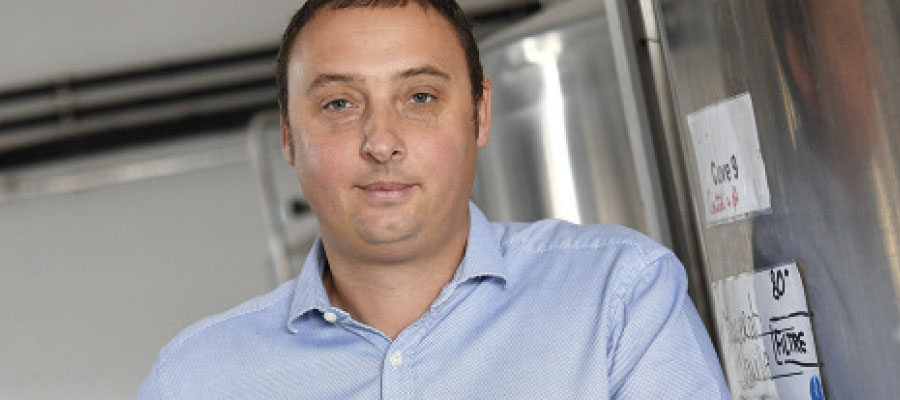If the West Indies (Martinique and Guadeloupe) have taken a clear lead over Reunion in terms of organic rums, this is due to the organisation of rum production on the “intense island”.

The three large distilleries in Réunion (Savanna, Rivière du Mât and Isautier) produce 95% of their rum from molasses. As molasses is delivered to them by the Tereos group’s factories, they are unable to set up a satisfactory parcelling and traceability of the sugar cane.
Why did you decide to convert plots and produce an organic agricultural rum?
Historically, Isautier produced agricultural rum before making sugar rum, and until 1987, we had our own mill which allowed us to press the sugar cane ourselves. It is therefore a return to our roots and a re-appropriation of our traditional know-how. Moreover, at Isautier, we have an agricultural branch which still produces sugar cane on 300 hectares. Until now, 100% of the cane has been sent to the sugar refinery and we recover the juice to make our agricultural rum. The project is therefore to set up a micro-distillery with its own mill and distillation equipment and to make our own organic agricultural rum.
How many hectares are involved?
Initially, about ten hectares will be dedicated to organic production (currently in conversion) and depending on the success of the micro-distillery, we will increase the surface area. For the moment, we have identified up to 3 hectares that can be converted relatively easily. The plots of land must be close to the family estate, and they must not be polluted by pesticides applied to other plots of land that are close by and that do not belong to us.
How are the beginnings going?
For the moment we are not experiencing any major difficulties, except that it is more time-consuming and requires more labour. A tonne of cane therefore costs more to produce than in conventional production, and this will be reflected in the final price. We will therefore be working on an elite rum that we hope to produce from mid-2024.
